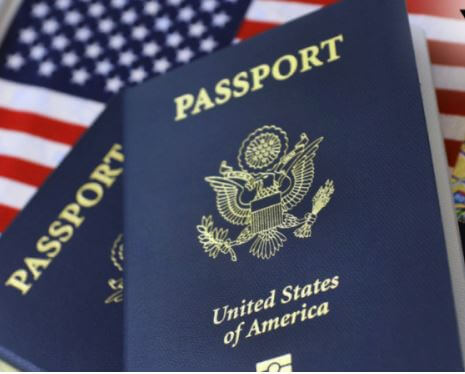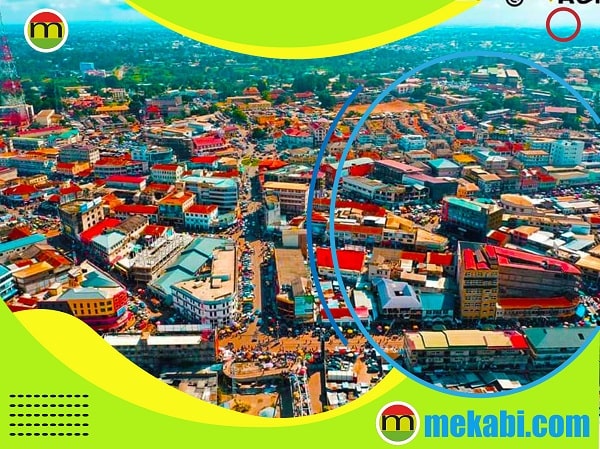The Hottest Months In Ghana (Here Is Everything You Need To Know)
Ghana is renowned for its rich and diverse culture, traditions, picturesque landscapes, robust educational system, vibrant markets, and, of course, its warm weather.
The tropical climate ensures consistently high temperatures throughout the year, with certain months experiencing particularly intense heat.
This article aims to shed light on the hottest months in Ghana, providing insights into the country’s weather patterns. Additionally, it offers valuable tips on staying safe and well-hydrated during these warmer periods.
Understanding the climate nuances can enhance your experience and ensure a comfortable stay in this beautiful and culturally rich nation.
Climate And Weather Patterns In Ghana
Ghana’s climate is characterized by two primary seasons: the dry season and the rainy season. The rainy season spans from April to October, marked by heavy rainfall that can result in flooding and challenging conditions.
On the other hand, the dry season extends from November to March, featuring low humidity, high temperatures, dry winds, and occasional incidents of rampant fire outbreaks.
Understanding these seasonal variations is crucial for residents and visitors alike, as it helps in preparing for and adapting to the specific challenges posed by each season.
The Hottest Months In Ghana
As is typical, the hottest months in Ghana coincide with the dry season. This period, which extends from December to March, is characterized by a low or nonexistent probability of rainfall, resulting in intense heat across the country.
Specifically, December, January, February, and March stand out as the peak months for high temperatures, with February being the hottest month of the year.
During these months, temperatures can soar as high as 40°C (104°F) in certain regions of Ghana, emphasizing the need for precautionary measures to cope with the extreme heat.
Awareness of these temperature patterns allows residents and visitors to better prepare for and manage the challenges associated with the hottest period in the country.
The Tips For Staying Safe During The Hottest Months In Ghana
Ensuring health, hydration, and safety becomes paramount when temperatures soar in the country.
Stay Hydrated
It’s essential to consume an adequate amount of water throughout the day to prevent dehydration. Please refrain from the consumption of alcoholic beverages as they can exacerbate dehydration.
Dress Appropriately
Wear lightweight and breathable clothing for proper body aeration. Avoid dark colors as they absorb heat.
Avoid the Sun
Seek shelter indoors between 11 am and 3 pm to avoid the hot sun. Wear a hat, sunscreen, and sunglasses for protection against the sun’s rays.
Stay Indoors
Opt for an air-conditioned room or environment during the hottest hours. If an air conditioner is not available, use a fan or take a cold shower to cool your body.
Monitor Your Health
Look for signs of dizziness, nausea, and headache. if you notice any of these, seek immediate medical attention.
Frequently Asked Questions
February holds the distinction of being the warmest month of the year.
The commencement of the dry season occurs in November, lasting until March.
Conclusion
Exercise caution in Ghana during the hottest months, particularly in February. While Ghana is an appealing destination, it’s important to take heed during the dry season.
Adhering to the safety measures outlined in the article is imperative. By doing so, you can fully appreciate the beauty of Ghana while ensuring your well-being in the warmest month.
You can also check out our Ghana-related articles:








